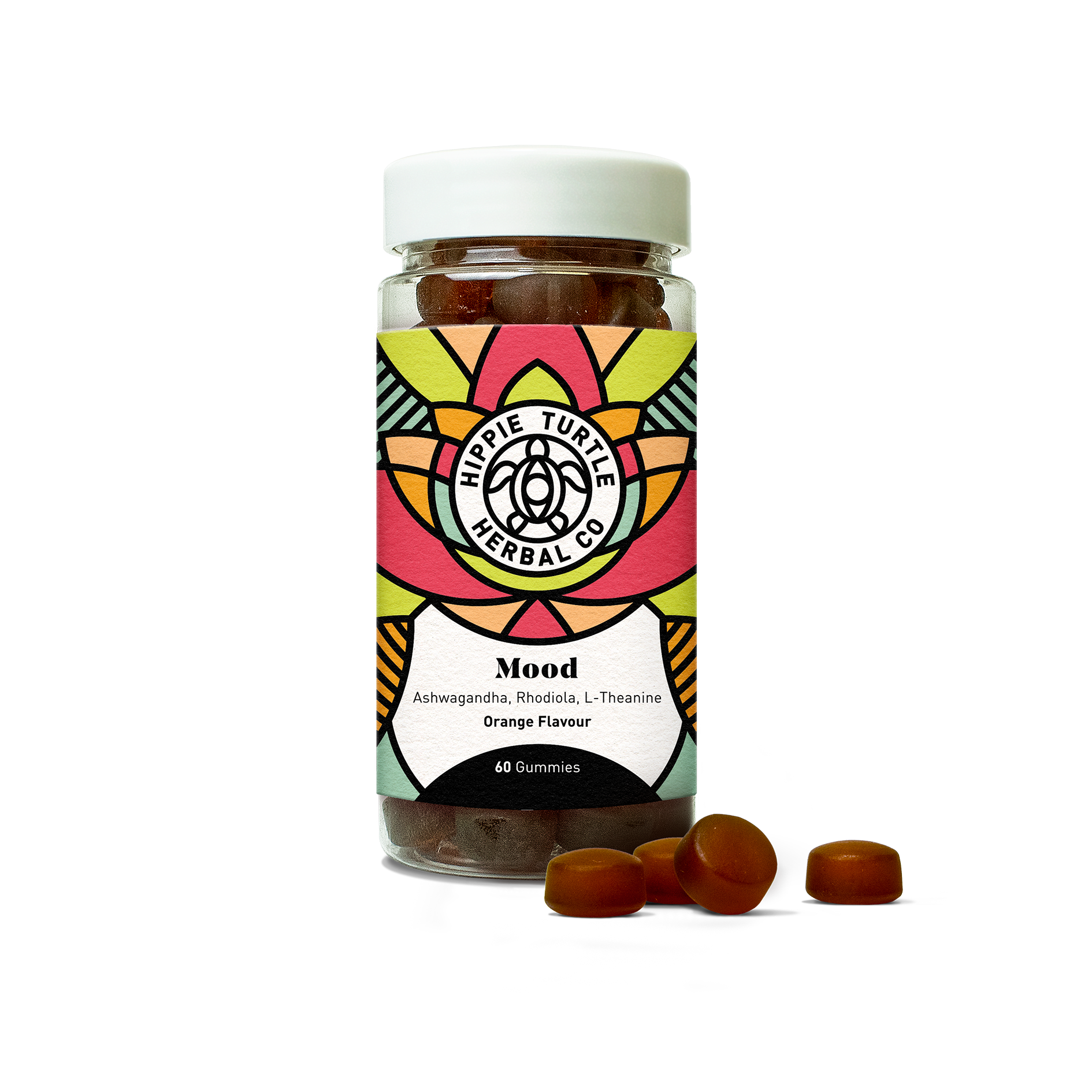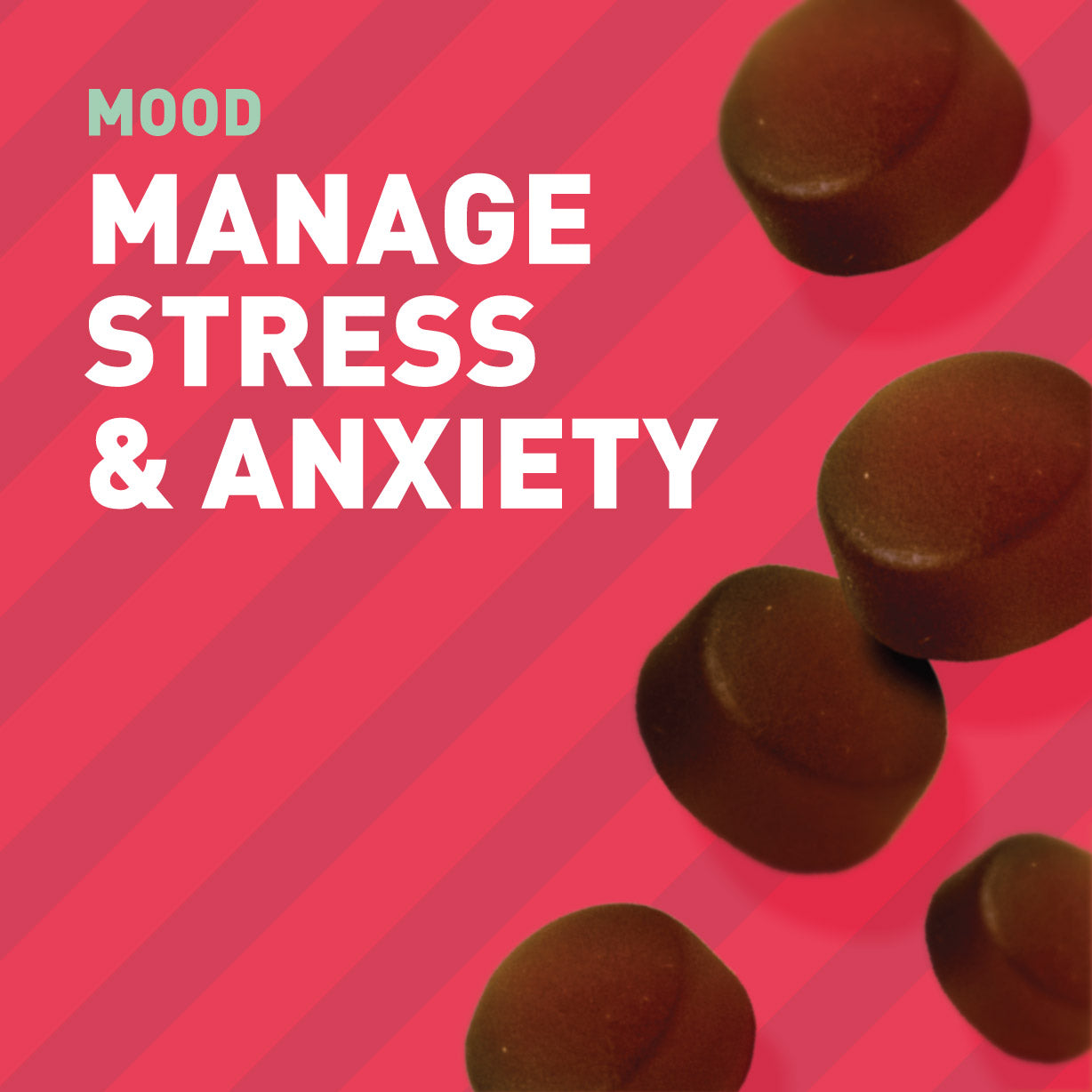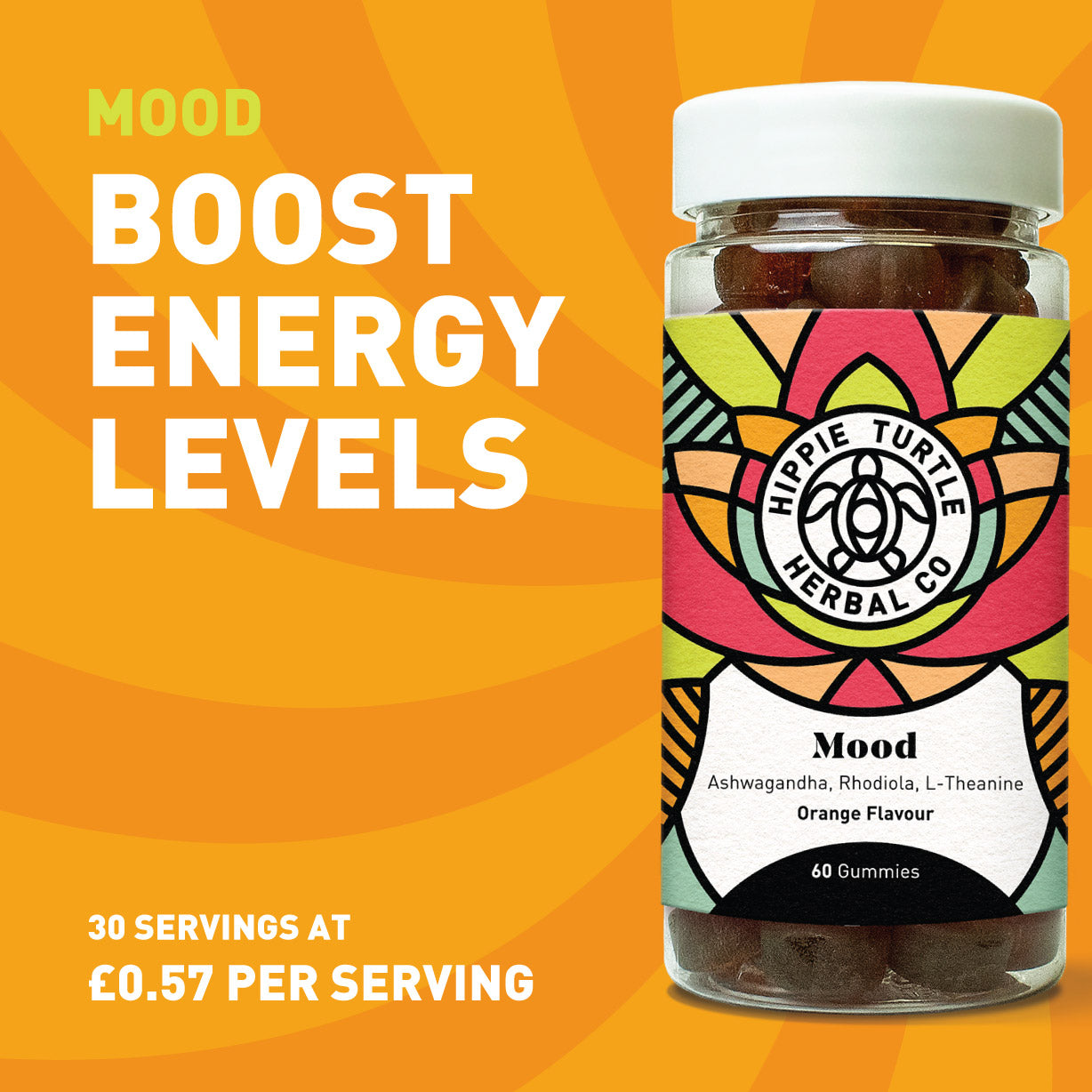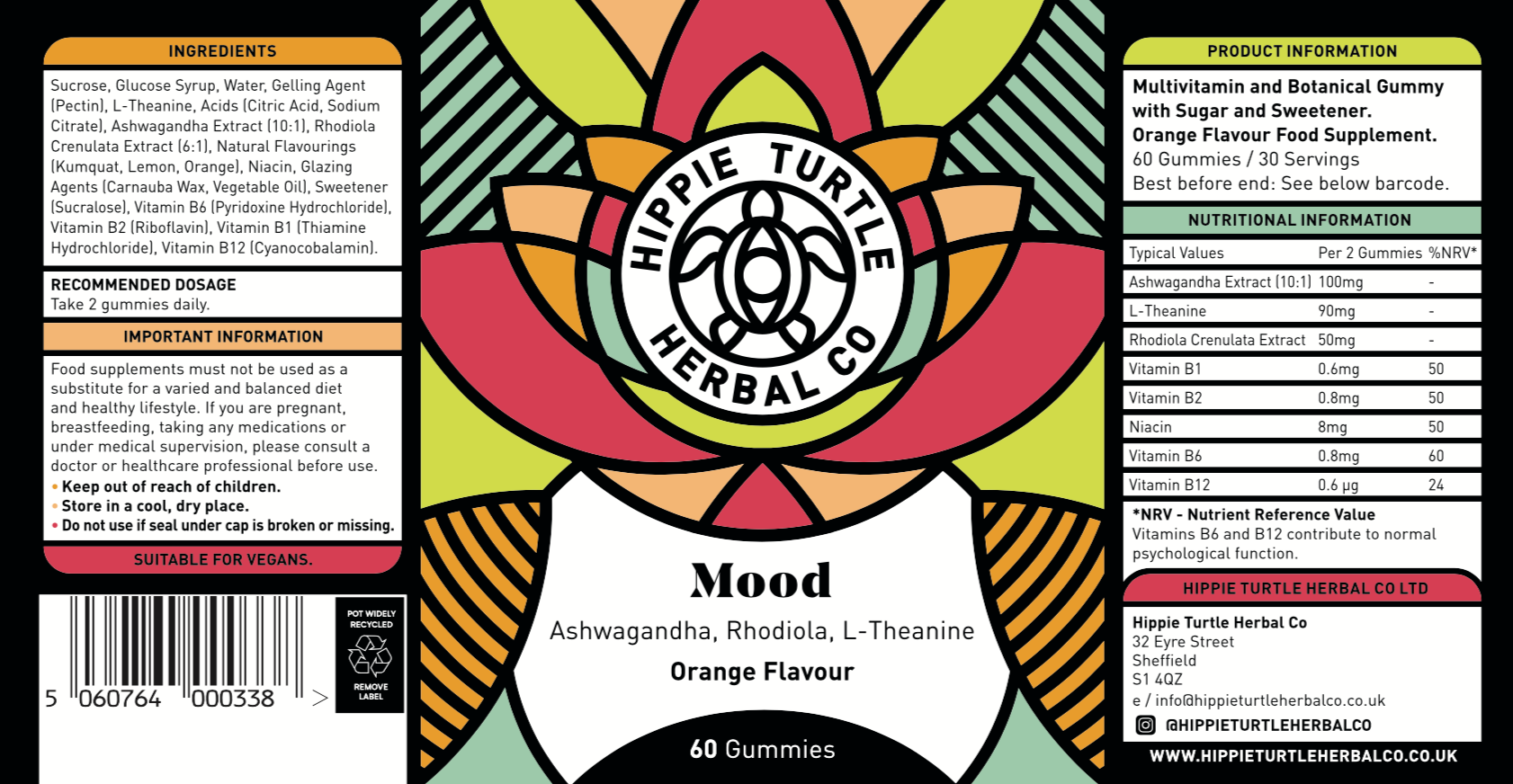

· By Kaya Turner
5 common health problems attributed to stress
5 common health problems attributed to stress
The current cost of living crisis is placing a growing strain on not only our wallets but also our mental health. In the UK, 74% of people reported feeling an overwhelming amount of stress this past year, which left them struggling to cope.
When under stress, the body initiates our primal fight or flight response to danger by releasing a surge of hormones including cortisol and adrenaline. These processes alter our immune systems, blood pressure, heart rate, appetite, and more. When the body’s stress response system is activated too frequently, it can have a detrimental influence on our overall health and well-being.
Keep reading to find out about 5 common health problems that are potentially triggered by stress…
1. Migraines
Migraines can be debilitating. Suddenly a throbbing pain appears behind the eyes or temples to sabotage whatever plans you may have for the day. Scientists are still unsure of the exact causes of migraines, but there is substantial evidence to suggest a connection between stress and the onset of one.
Emotional stress tends to manifest in our heads; thoughts race and worries begin in the brain, so it makes sense that all this tension could cause an ache in that region. Indeed, 80% of people who suffer from migraines maintain that stress is a regular trigger.
Many individuals report their symptoms to begin at the end of the working week, or just after a period of high stress. This phenomenon is referred to as ‘the let-down effect’; when a migraine comes on during relaxation following a period of high stress. Sudden changes in our brain chemical levels occur when we are stressed and then subsequently relaxed, this is what researchers suggest to be the reason behind such migraine attacks.
2. Compromised Immunity
When we are overworked and rundown it is more common to catch a cold or flu. But how does stress factor into this? Cortisol. Over time this stress hormone lowers the body’s lymphocytes (white blood cells), which are responsible for fighting off infection - making you more likely to catch whatever sickness is going around.
Chronic inflammation can occur as a result of persistent high-stress levels that are left unmanaged, leaving irreversible impacts on our body’s defence system. In fact, it has been proposed that the symptoms of autoimmune diseases such as psoriasis and lupus are brought on by stress. Several people with autoimmune diseases have come forward to second this.
There is also something to be said about the impact of stress on our diets and lifestyles. Individuals may turn to smoking and drinking as a way of coping with pressure and anxiety. It is well known that both of these habits suppress the body’s immune system.
3. Heart disease
A quarter of all deaths in the UK are attributed to forms of heart disease. There is overwhelming evidence to suggest that stress is a big contributor to this fatal health problem. As a result of increased cortisol levels, chronic stress raises blood pressure, cholesterol and triglycerides; all of which increase our risk of developing heart disease.
Even temporary stress can bring about heart complications such as poor blood flow. Emotional stress triggers the amygdala (part of the brain that processes stress) to go into overdrive. This leads to inflammation in the blood and arteries, ultimately affecting how the blood flows and clots.
4. IBS
Digestion issues are becoming increasingly prevalent, particularly in the west. There is no doubt that eating an unnatural and ultra-processed diet can play a role in triggering IBS symptoms. However, growing awareness surrounding the connection between the gut and our brain has led scientists to believe that physiological stress may exacerbate IBS.
Due to changes in the central nervous system, it is common to experience shifts in appetite when we are stressed. Being in fight or flight mode actually inhibits the digestive processes, putting them on pause until when we’ve calmed down. If we are stressed long-term this can wreak havoc on the overall digestive system, worsening IBS symptoms.
Imbalances within the gut bacteria are the primary cause of IBS. Chronic stress contributes to these imbalances due to what's known as the gut-brain axis, aka the two-way communication between the brain and gut bacteria. Emotions and anxiety have a direct impact on the functioning of the gut. Hormones that are released when we are stressed affect digestive processes, causing changes in bowel movements.
5. Weight gain
Stress can make maintaining a healthy weight difficult for many people. Irregular eating patterns, changes in hormones, and lack of sleep all negatively affect our metabolism.
The spike in adrenaline and cortisol that occurs when we are under stress causes glucose to be released into our bloodstream. This is an evolutionary response to danger - the glucose gives us the energy we need to run away from or face a life-threatening situation. Once blood sugar levels drop back down to usual, cravings set in causing us to reach for sugary snacks and drinks which can contribute to weight gain.
Much research has highlighted that high cortisol levels are linked to having a higher body mass index (BMI). This is because cortisol slows down the metabolism and causes fat cells to grow. Persistent high cortisol levels due to long-term stress can make losing weight extremely challenging.

What steps can I take to manage stress?
After reading about the negative impacts that stress can have on our health, let's look at what steps we can take to manage stress…
CBD
Cannabidiol (CBD) is an anxiolytic, which means it helps the body manage stress and anxiety. Just a few drops a day may be what’s needed to calm a busy mind.
Our Zen oil has been infused with terpenes selected for their ability to target stress and anxiety.
Mediation
Taking time out of your day to concentrate on breathing and clearing thoughts is a great, accessible way of managing stress. Many people use daily meditation apps to help ease work and home life pressures.
Sleep
Stress can negatively impact our sleeping patterns. But during periods of high stress, it is crucial to get enough sleep in order to allow the brain to process the day’s events.
Our sleep gummies contain ingredients that support healthy restorative sleep.
Adaptogens
Adaptogens are plants that restore equilibrium when the body is under stress. Ashwagandha, ginseng and CBD all act as adaptogens.
Our Mood gummies and Active powder contain ashwagandha.
Ginseng can be found in our Vitality powder.
Exercise
Raising our heart rate via the form of exercise helps to oxygenate the blood. Overall this makes the whole body stronger, strengthening our response to stress. In addition, exercise releases endorphins which improve our mood and lower stress levels.
- #anxiety relief
- #ashwagandha
- #better sleep
- #cbd oil
- #CBD sleep terpenes
- #high quality cbd oil
- #Hippie Turtle Herbal Co
- #immune boosting
- #immune support
- #immune support supplements
- #insomnia
- #l-theanine
- #medicinal mushrooms
- #monoterpenes
- #sleep
- #sleep tips
- #stress relief
- #terpenes
- #thc free
- #turmeric
- #united kingdom
- #vit d3
- #vitality
- #vitamin C
- #vitamin d
- #vitamins and minerals
- #Zinc












